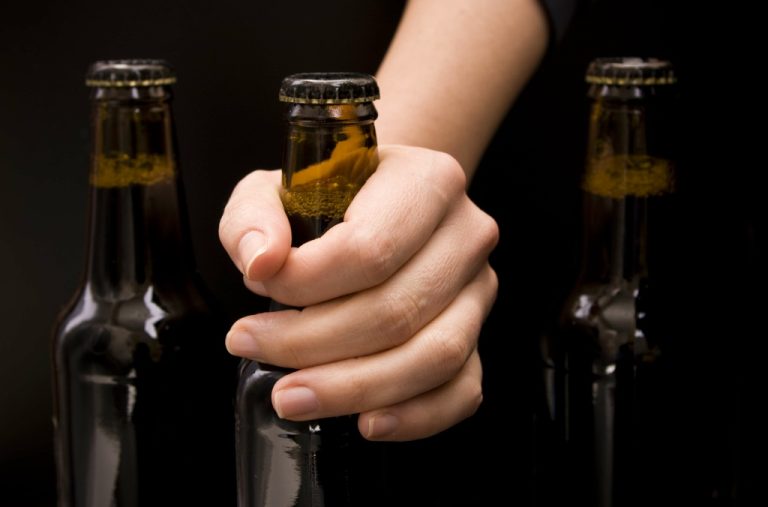Always seek the advice of your physician or other qualified health provider with any questions you may have regarding a medical condition or treatment options. The DSM-5 standards for diagnosing alcohol use disorder encompass the how to recognize signs and symptoms of alcoholism and alcohol abuse seven warning signs discussed. However, the signs and symptoms of alcohol use disorder can present themselves in other ways.
What Are The Warning Signs Of Alcoholism?

This doesn’t make you a bad person, but it does make it more urgent that you look for help to change your habits and get your relationships back on track. If you notice any of these warning signs of drug and alcohol abuse, seek medical or psychological help immediately. The information provided in this blog post is for educational and informational purposes only. It is not intended as a substitute for professional medical advice, diagnosis, or treatment.
The Importance of Addressing Negative Self-Talk in Recovery
Whether you are struggling with addiction, mental health or both, our expert team is here to guide you every step of the way. Don’t wait— reach out today to take the first step toward taking control of your life. Ultimately, sobriety is the responsibility of the person who has the alcohol addiction. It’s important to not enable destructive behaviors and to maintain appropriate boundaries if the person with the alcohol addiction is still drinking.
Binge Drinking
- I don’t drink every day OR I only drink wine or beer, so I can’t be an alcoholic.
- Programs by organizations like SAMHSA can help raise awareness about risk factors.
- If you’re a loved one and find yourself asking questions like “Why does my partner hide bottles?
- These visible signs often alert others to your drinking problem before you recognize it yourself.
Begin recovery at Assure Recovery Center, a leading provider in California, specializing in evidence-based addiction treatment and mental health services. Increased tolerance occurs when https://bazaarkw.jasaz.com/2025/03/28/brain-fog-6-potential-causes-3/ you require larger amounts of alcohol to achieve the same effects you previously experienced with smaller quantities. This biological adaptation signals your body’s growing dependence on alcohol.
Alcohol abuse is different from AUD, the more “severe” of the two conditions. People who abuse alcohol but aren’t physically addicted may experience the same signs and symptoms as people who have AUD. But people who abuse alcohol often don’t have the same cravings or need to drink that a person with AUD does. Instead, a person who abuses alcohol isn’t able to control their drinking when they do drink.
Students who drink heavy amounts of alcohol may experience a phenomenon known as a hangover. Physical symptoms of a hangover include fatigue, headache, increased sensitivity Sobriety to light and sound, redness of the eyes, muscle aches and thirst. These signs and symptoms of alcohol abuse can often go unnoticed until they interfere with relationships or work. Knowing the signs and symptoms of alcohol use disorder is a crucial part of the treatment process.
Mental Health Resources

You may consider intervention with other family members if you can’t handle it alone or your loved one is unwilling to seek help. The first thing you want to do when trying to help a loved one with a drinking problem is to learn about their condition as much as possible. Read books, websites, or talk to professionals about the situation to educate yourself on what you’ll be facing. Armed with sufficient information, practice what you will say and pick the right time and place for the conversation.

Why Developing New Routines is Essential in Recovery
Experts have tried to pinpoint factors like genetics, sex, race, or socioeconomics that may predispose someone to alcohol addiction. Psychological, genetic, and behavioral factors can all contribute to having the disease. Alcohol-related health complications4 are an increased risk at this stage.
Neglecting Responsibilities
- Only a health provider can definitively diagnose alcohol use disorder (AUD), but this condition typically presents red flags you can spot easily.
- Their diverse expertise ensures our resources and product are innovative, evidence-based, and effective.
- If you’re struggling to regulate your drinking habits, such as setting limits but consistently drinking more than intended, you may have developed an alcohol dependence.
Most will offer aftercare once you complete the inpatient portion of your treatment. If you’re a treatment provider and have a question, please reach out and someone from our Customer Success team will be in touch with you shortly. We list any treatment center that meets our rehab criteria, giving you the best list of options possible when looking for treatment.
- When combined with other evidence-based therapies, such as cognitive behavioral therapy (CBT), MAT can help prevent relapse and increase your chance of recovery.
- Lasting changes in the brain caused by alcohol misuse perpetuate AUD and make individuals vulnerable to relapse.
- But as you continue to drink, you become drowsy and have less control over your actions.
About Samba Recovery
Alcohol is a socially accepted substance, yet its misuse can lead to serious health, psychological, and social consequences. While many people may enjoy a drink now and then, it’s crucial to recognize when casual drinking turns into something more dangerous. Identifying the early signs of alcohol abuse can help you or someone you love take action before things spiral out of control.
Maybe you’ve seen her have mood swings more often or get defensive if you ask how much she’s had to drink. Her routines may shift in unusual ways, like sleeping later, being more withdrawn, or not helping as much with the kids as she once did. Others, she seems distracted or distant, even when she’s physically present. Before anything else shows, alcohol often affects how you feel inside.



